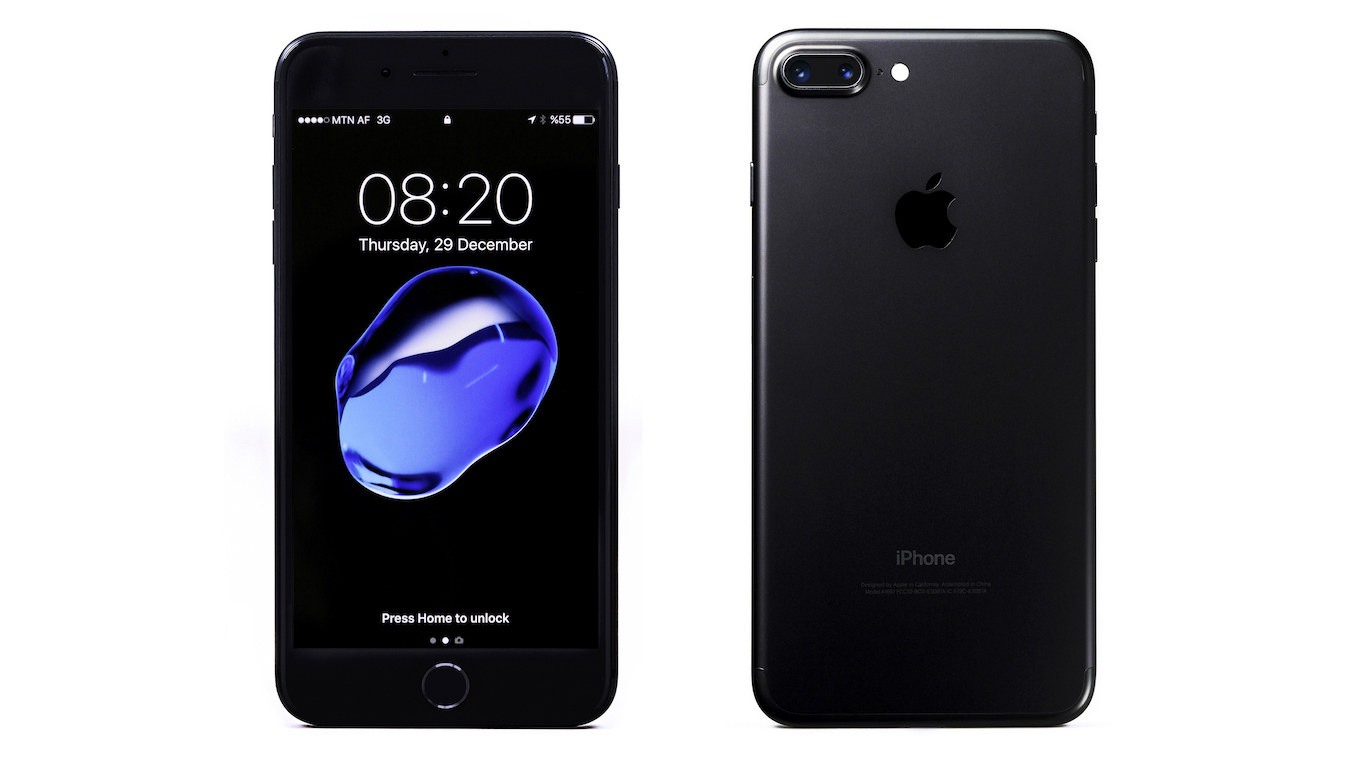Companies and Brands
This Is How You Can Get an iPhone and NOT Pay a Fortune

Published:
Last Updated:

When Apple Inc. (NASDAQ: AAPL) reported quarterly results Tuesday, iPhone sales had dropped by 17% year over year. For nearly any other company, that would have sent the share price tumbling. But Apple is not any other company. Its shares traded more than 6% higher late Wednesday morning.
To make its quarter look better, Apple did do what most companies end up doing when products don’t sell — they lower the price. In Apple’s case that included taking in more older model iPhones as trade-ins for the company’s newer models. The trade-in value itself is a discount, but then Apple also resells the traded in phones as “Certified Refurbished Products” at a discount to the selling price of a new version of the same model.
For example, a new, unused iPhone XR costs $899 for the 256GB model. That price drops to $599 with an iPhone 7 Plus 256GB trade-in. Apple then resells the refurbished 7 Plus for $649. Apple sells a brand-new iPhone 7 Plus with 128GB of memory for $669 (the 256GB version is not shown for sale).
It’s not difficult to figure out that the second time Apple sells that iPhone 7 Plus, the cost of materials is far less than when the company sold the phone the first time. According to a Consumer Reports report in March, Apple uses the same parts to renew the phones as it used in the originals. A refurbished iPhone comes with a new battery, a new case, new cables and accessories, and even a new box. That implies that the most expensive parts — the processor, display screen and memory chips — are reused.
Apple sells the refurbished iPhone 7 Plus for all four major U.S. wireless carriers: AT&T, Verizon, Sprint and T-Mobile. The carriers also may sell the same phone. Verizon sells a certified pre-owned 256GB 7 Plus for $660, while AT&T does not include any refurbished 7 Plus in its online listing (a new one costs $670). Sprint sells the 256GB 7 Plus for $325 (currently out of stock), and we couldn’t find any used phones at T-Mobile’s website, although the company does appear to have a certified pre-owned program. Amazon sells a Renewed 256GB 7 Plus for $430, more than $200 less than the Apple price for the same phone.
It’s worth pointing out that certified pre-owned and certified refurbished do not mean the same thing. Generally speaking, a refurbished device means the phone has been thoroughly tested and repaired (if necessary), usually but not always, by the manufacturer. Certified pre-owned means — at least — that the device has been tested and that it functions properly. Beyond that, it’s caveat emptor. Amazon’s Renewed program is similar to Apple’s Refurbished program except that Amazon does not use Apple-certified suppliers. For a full discussion of standards for used phones, see this article at GadgetHacks.
Consumers also should be aware of what kind of warranty comes with the refurbished product, the return policy and whether it’s possible to purchase an extended warranty.
One major catch to purchasing a pre-owned phone: both Apple and Verizon require customers to pay the full price of the refurbished phone at the time the order is placed. There could be a number of reasons for that demand: monthly payment plans are reserved for the higher-margin, latest models that the companies want most to sell; used-phone buyers may not be able to pass a credit check for a monthly payment plan, so getting the cash up front is the safer alternative; or the single full payment boosts the quarterly cash flow. AT&T currently does offer monthly payments on some refurbished phones, some of which are among the hottest phones of all time.
Thank you for reading! Have some feedback for us?
Contact the 24/7 Wall St. editorial team.